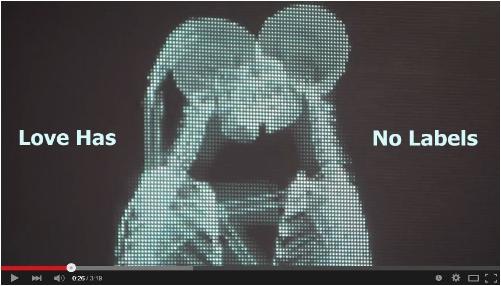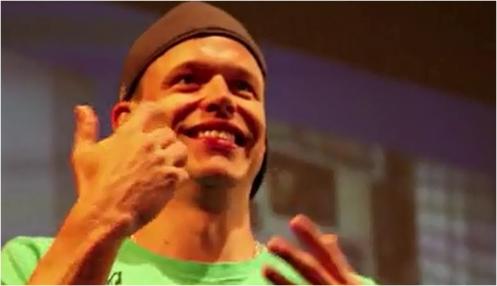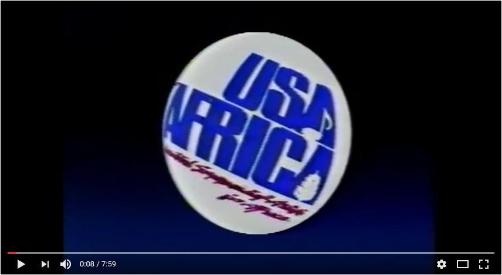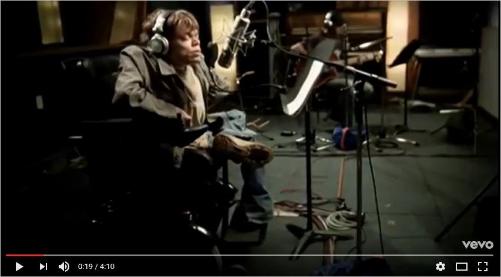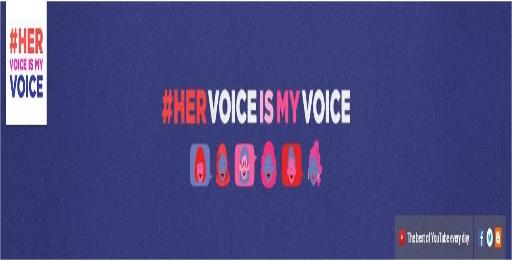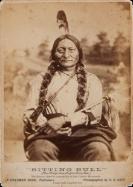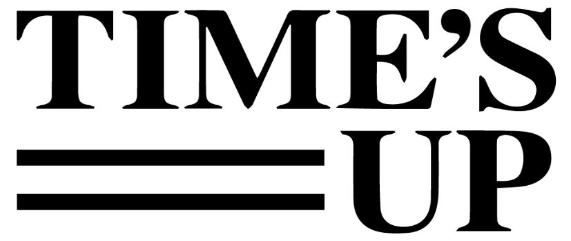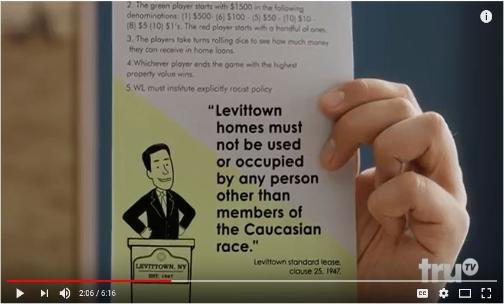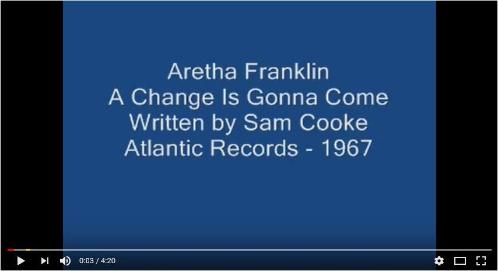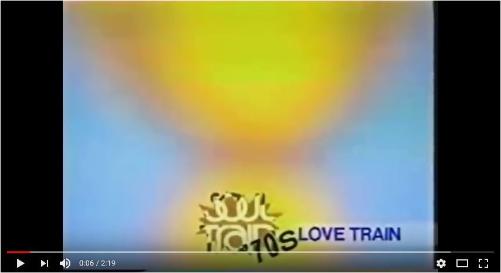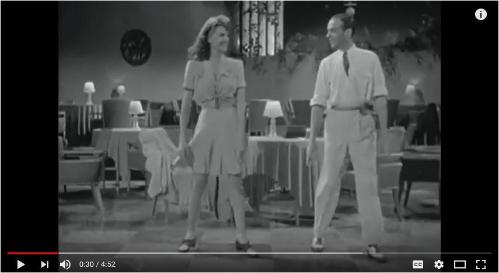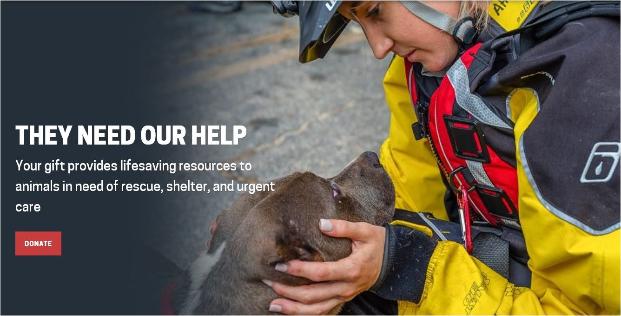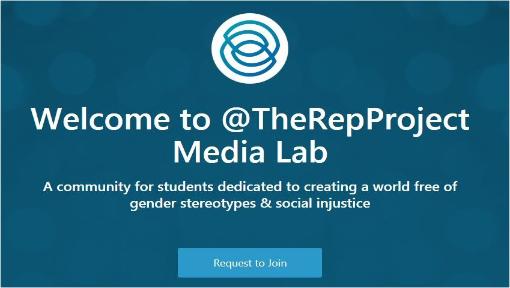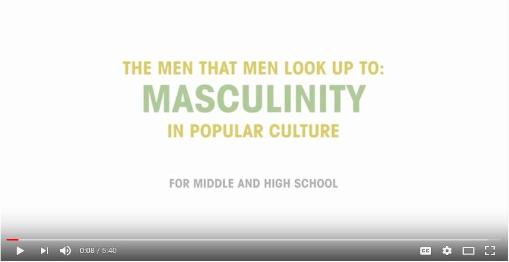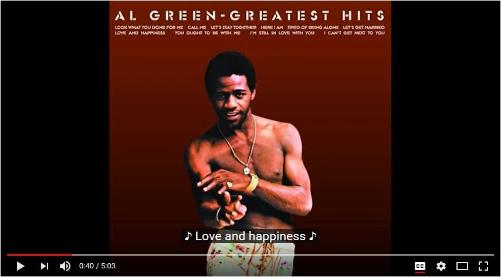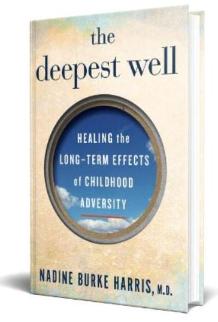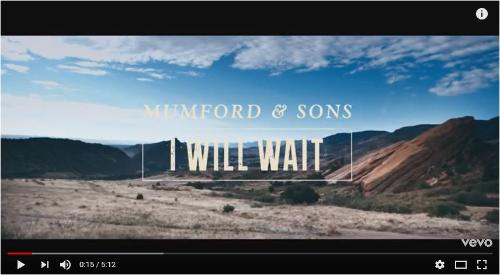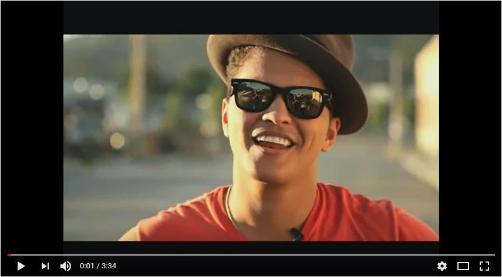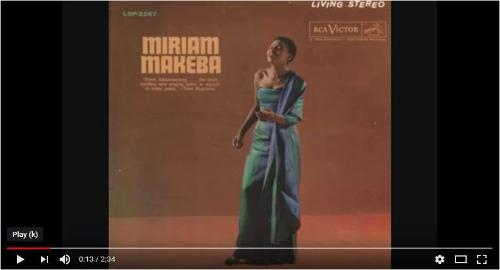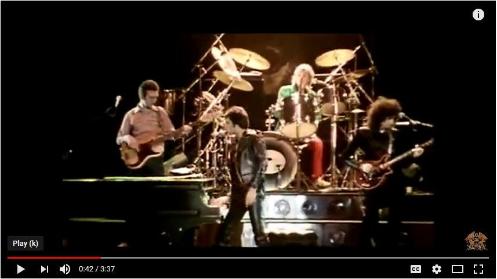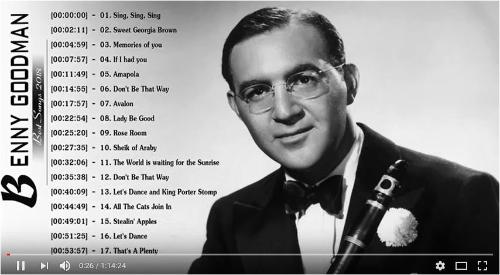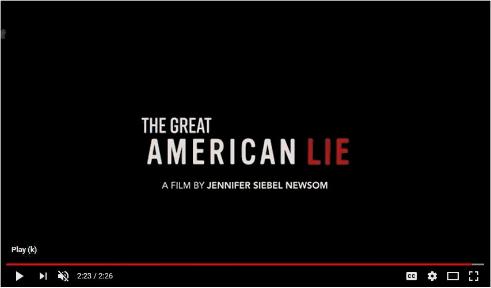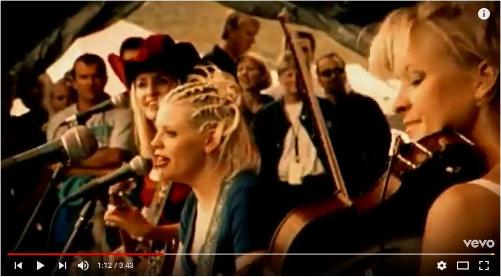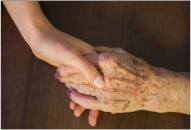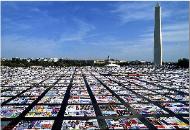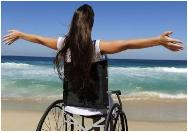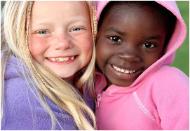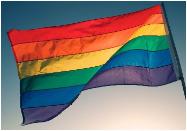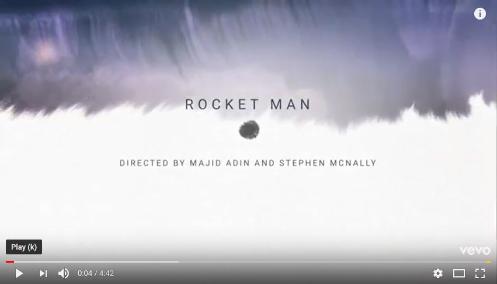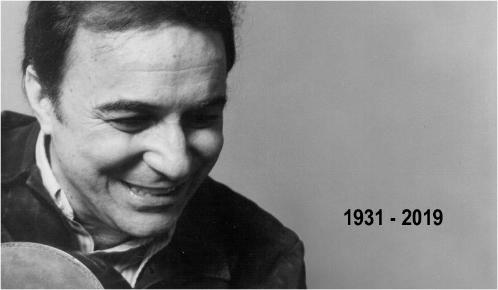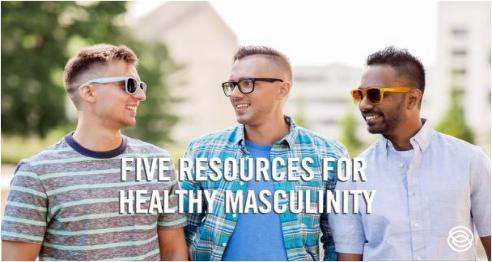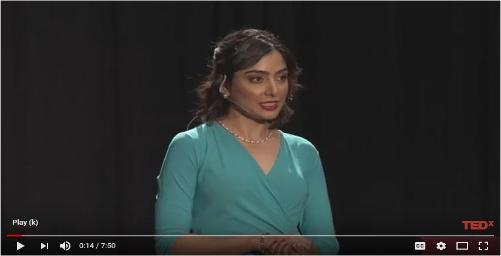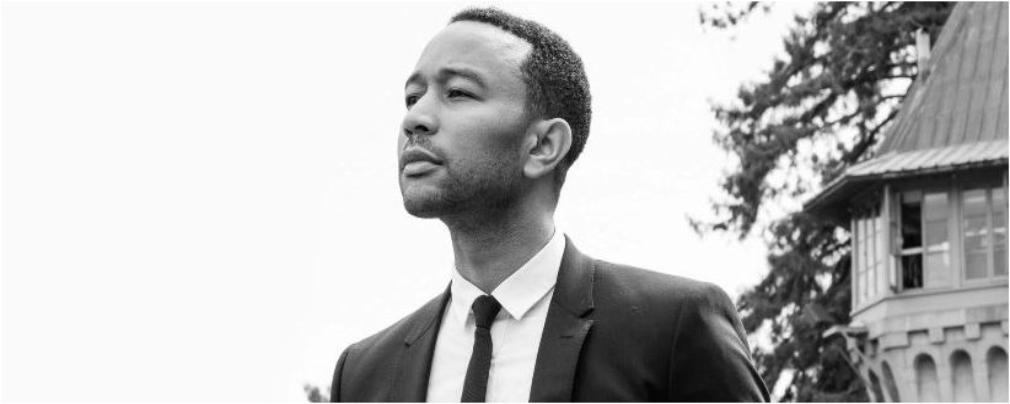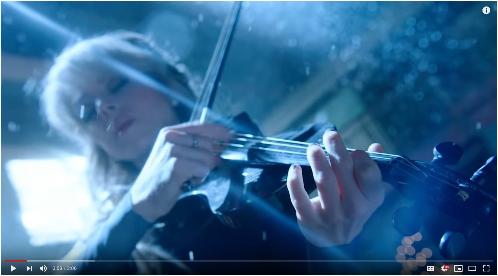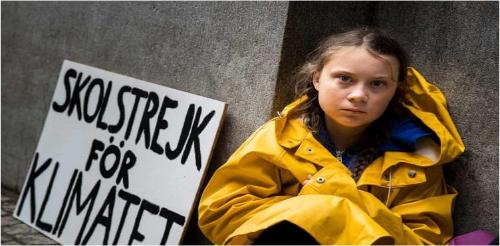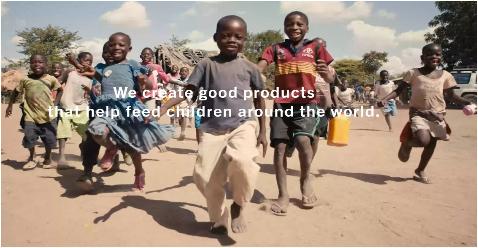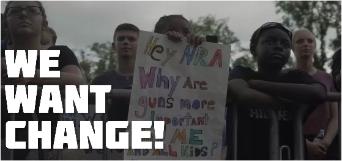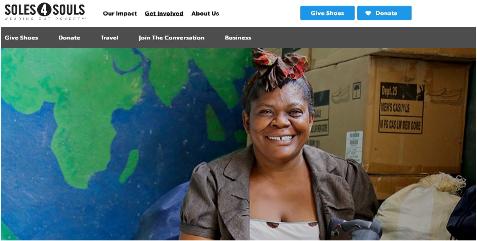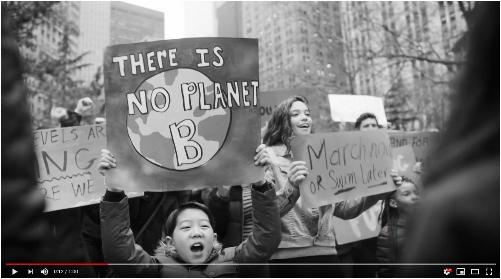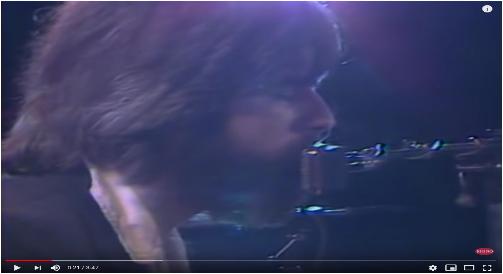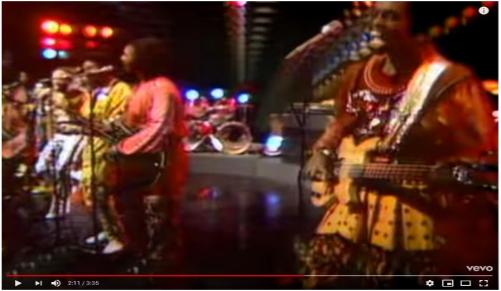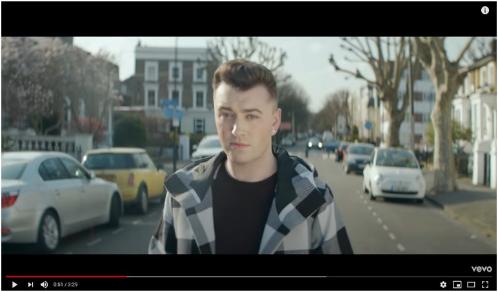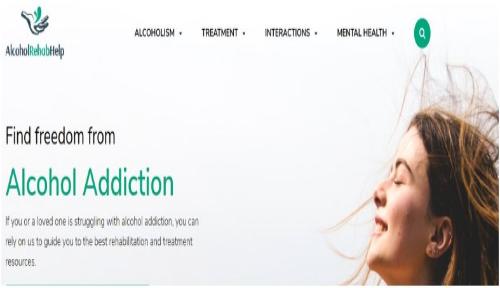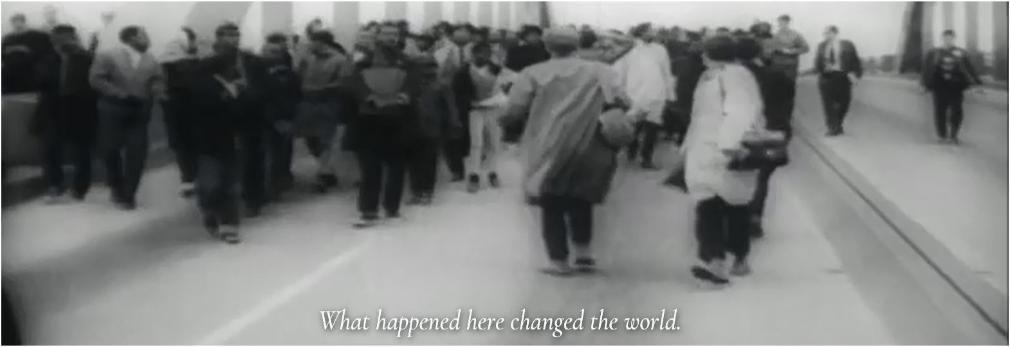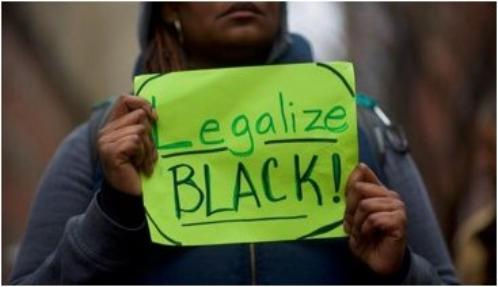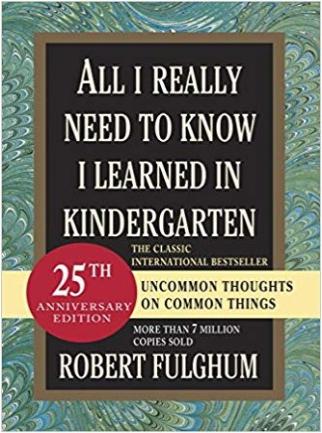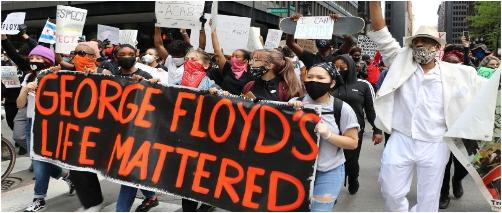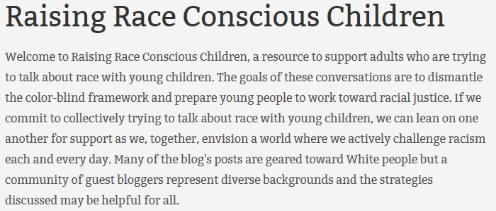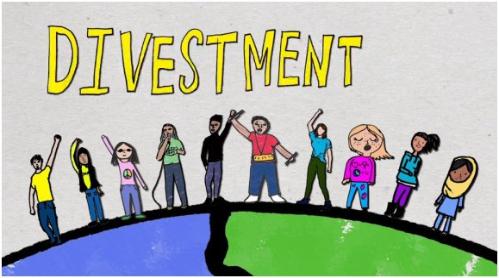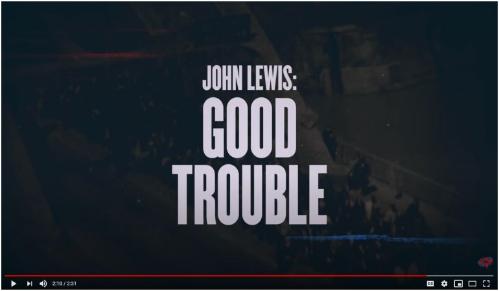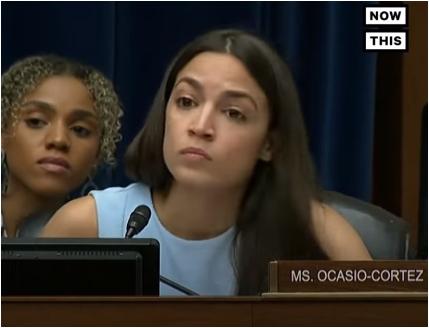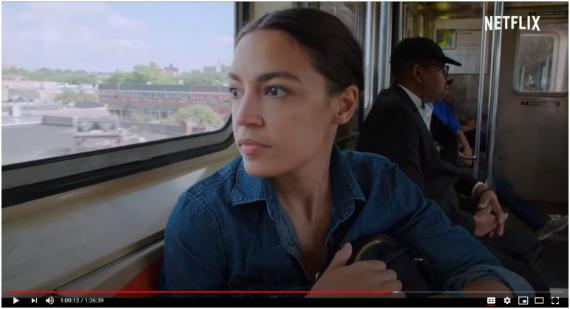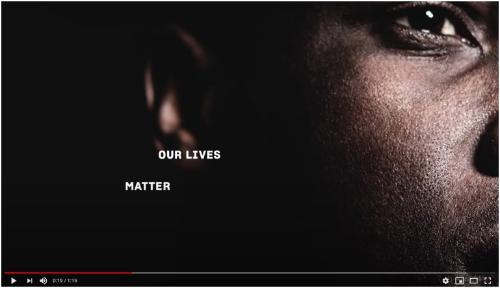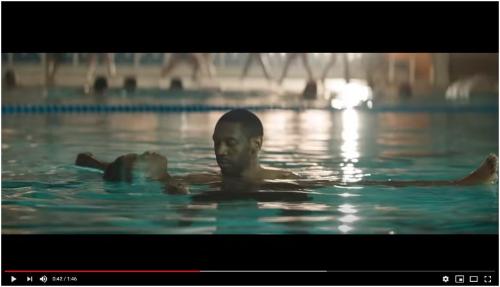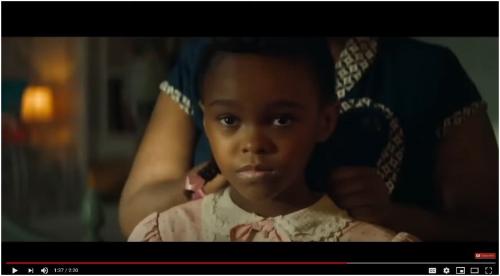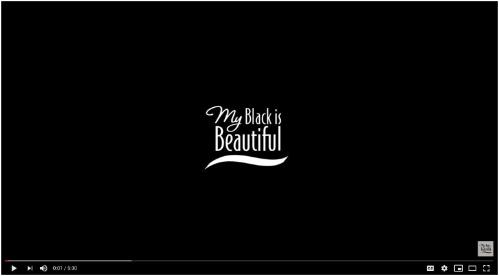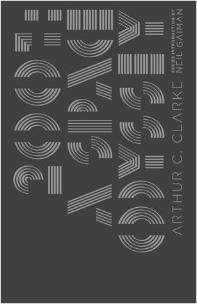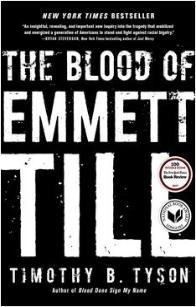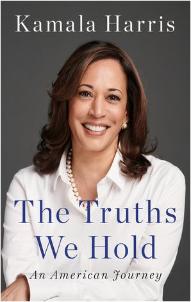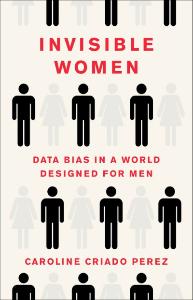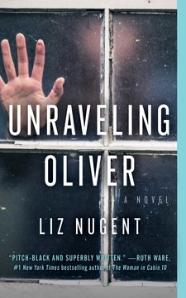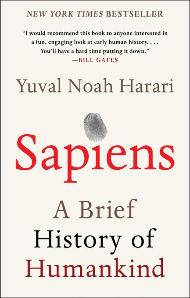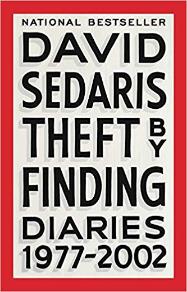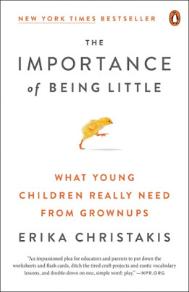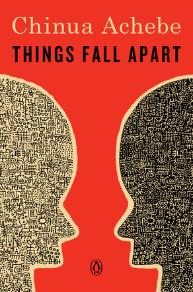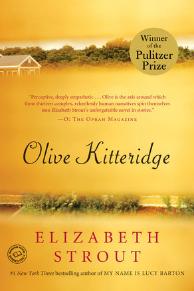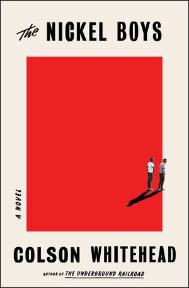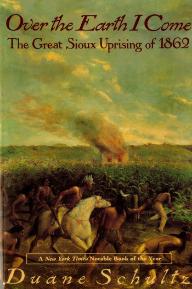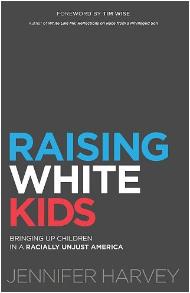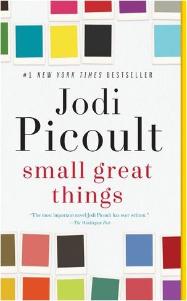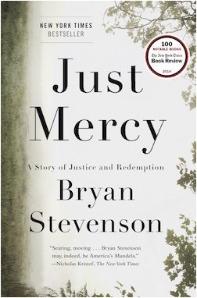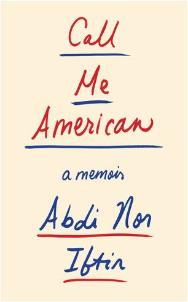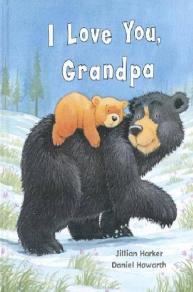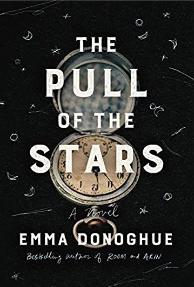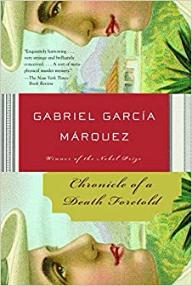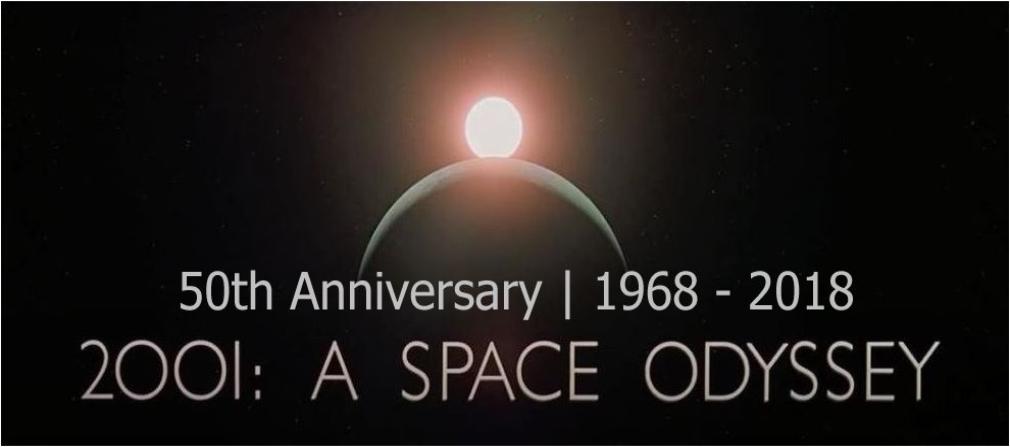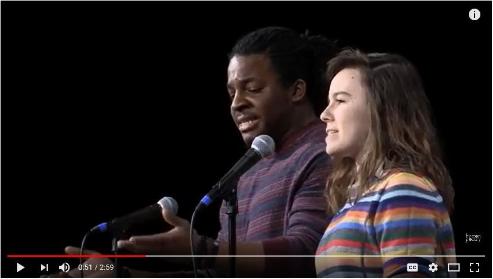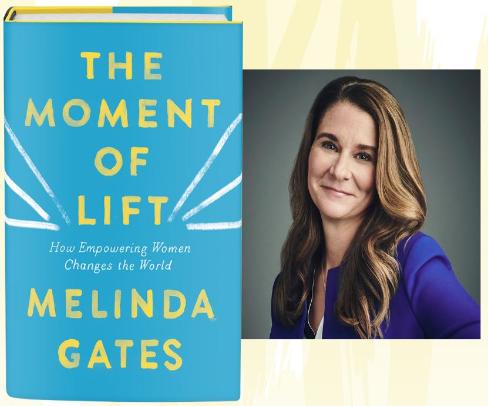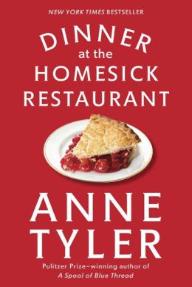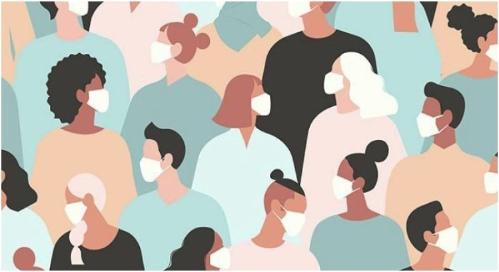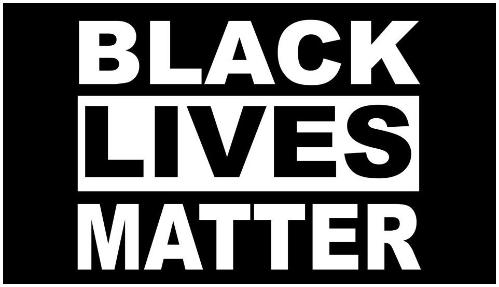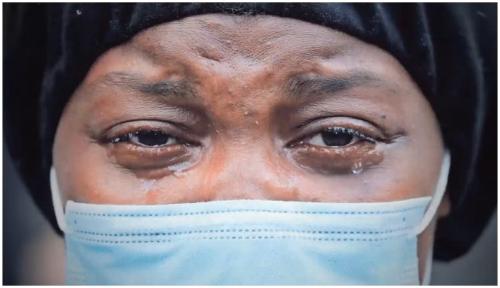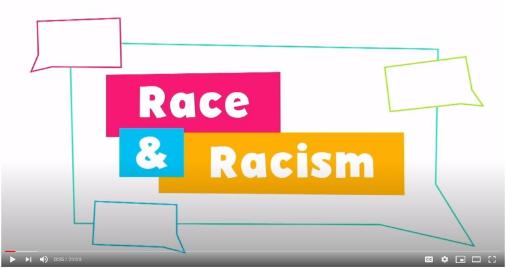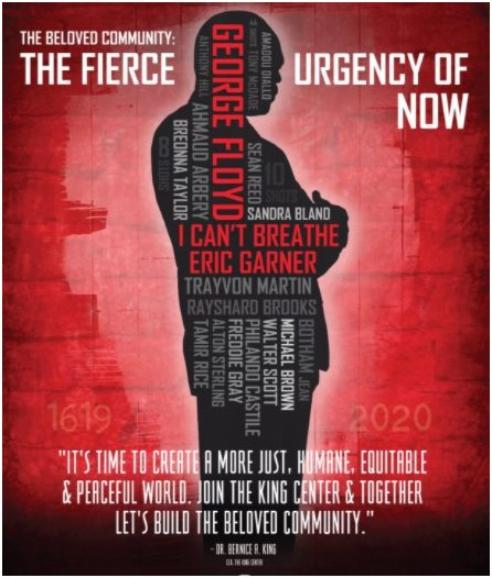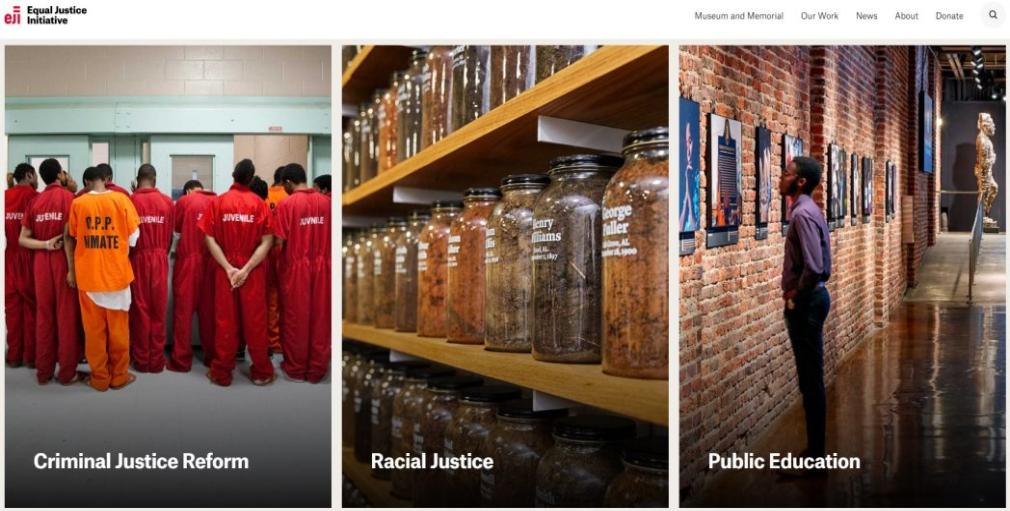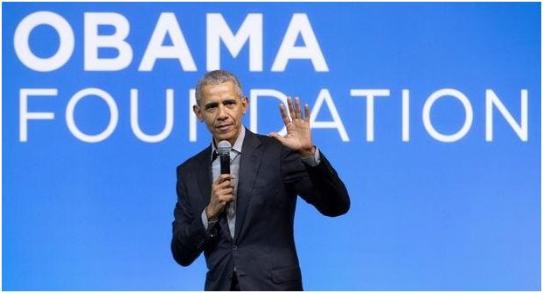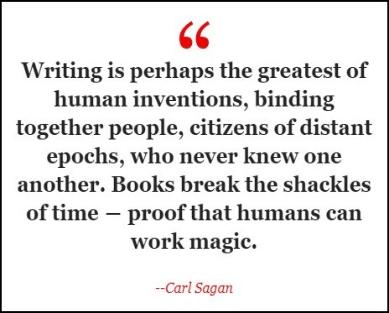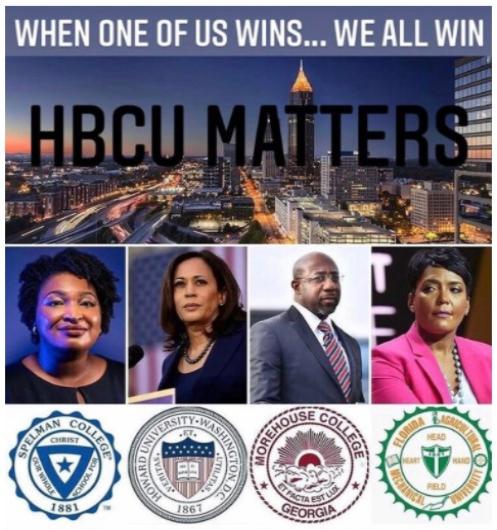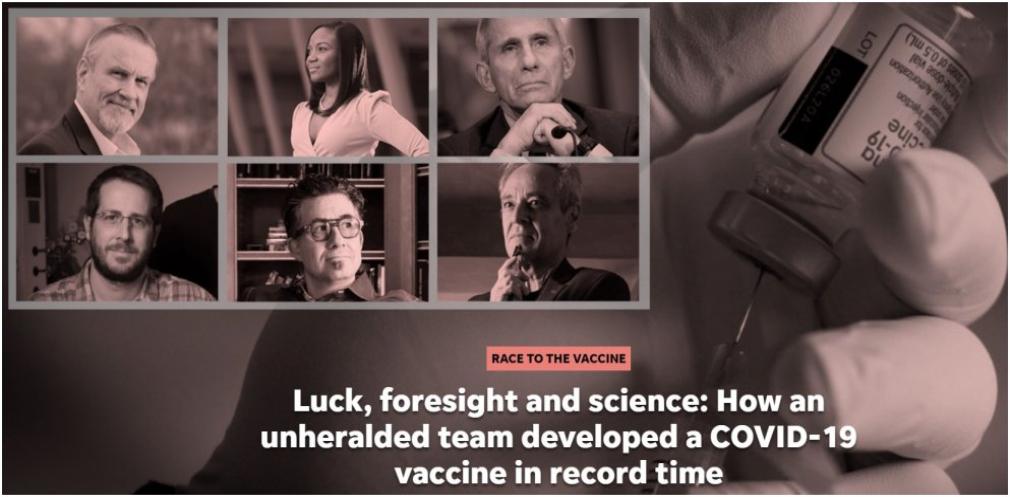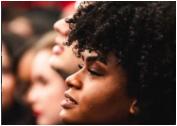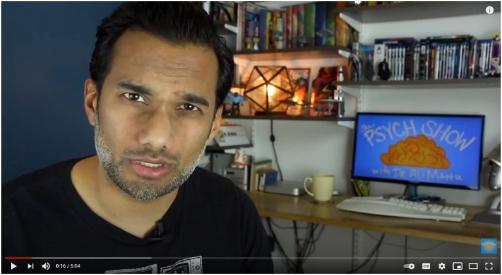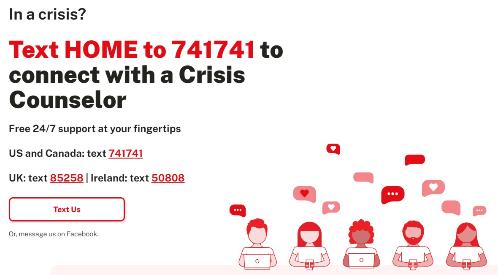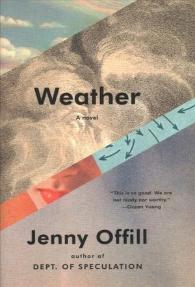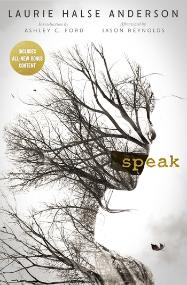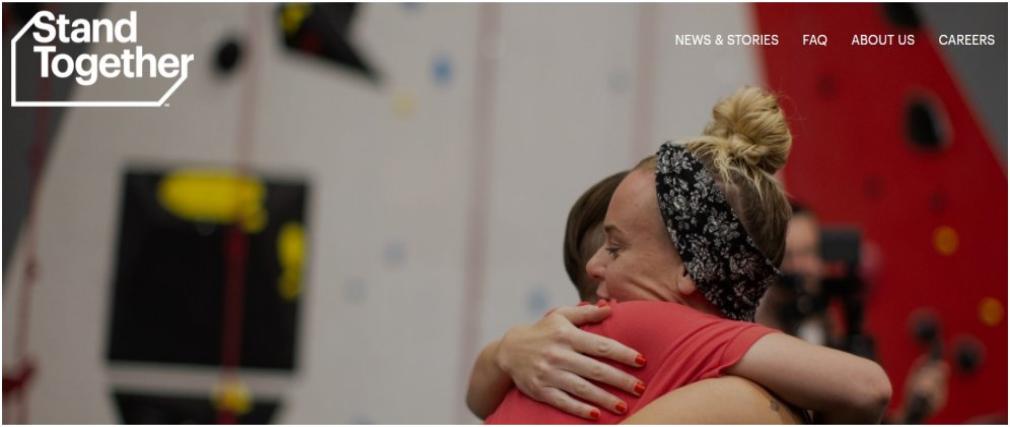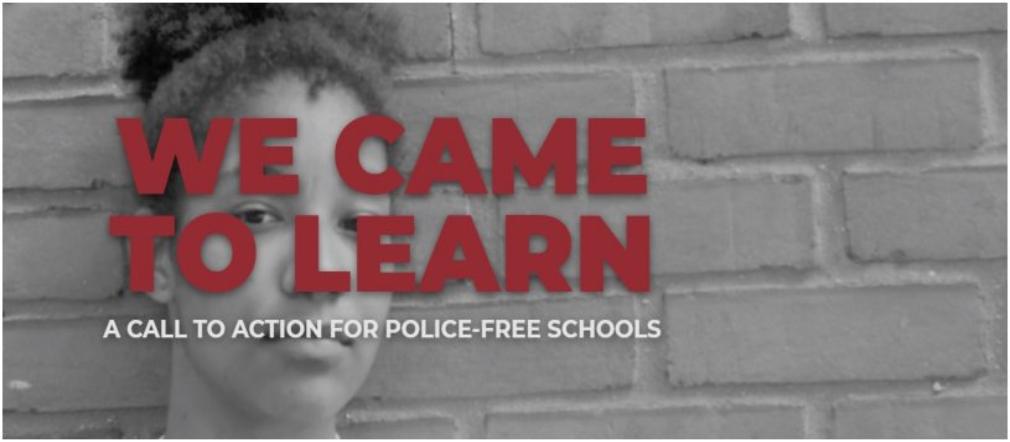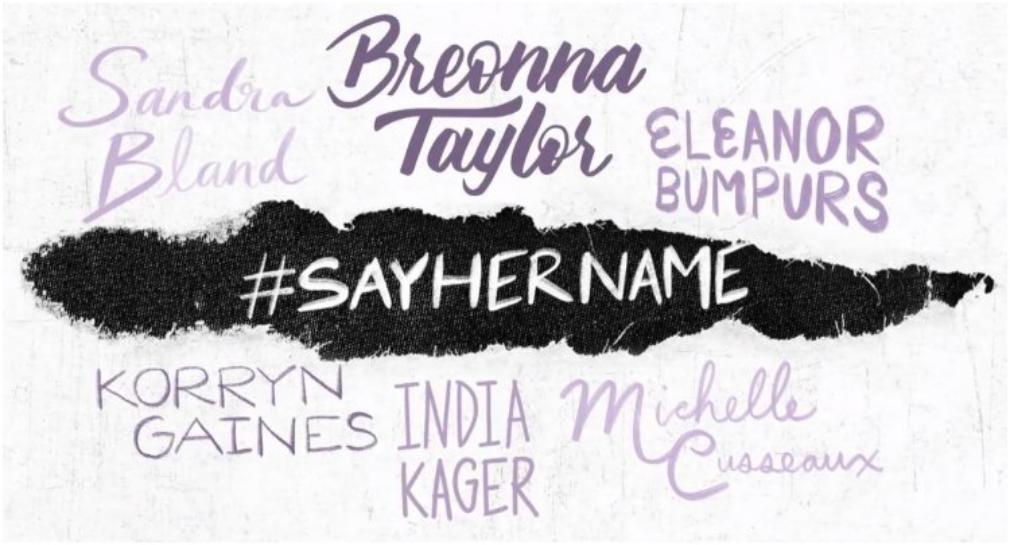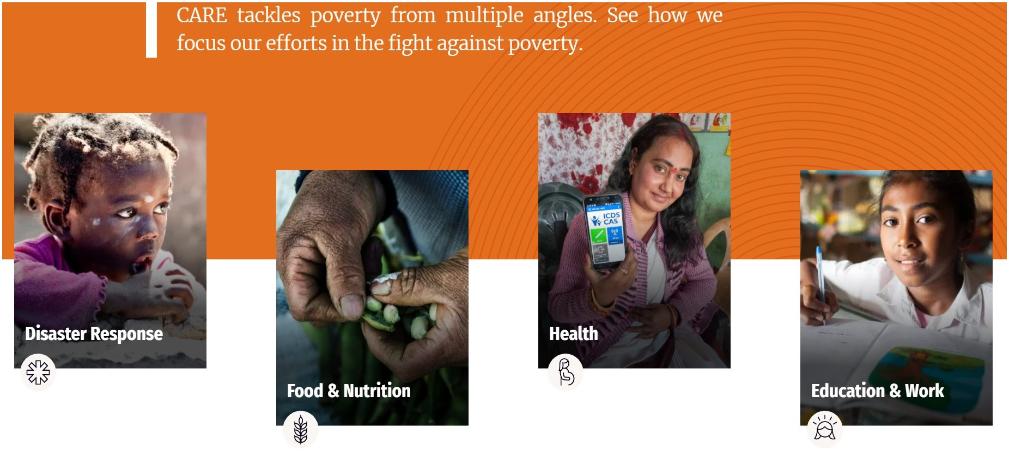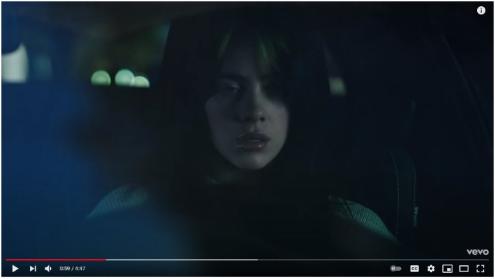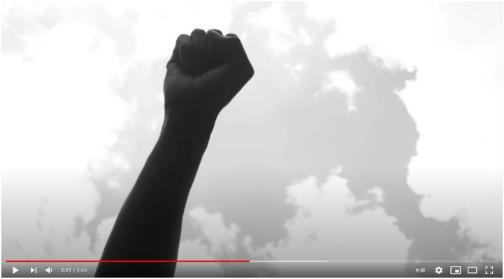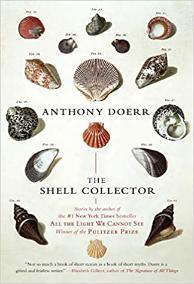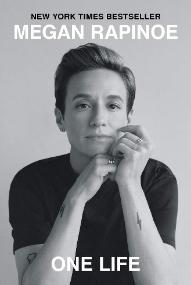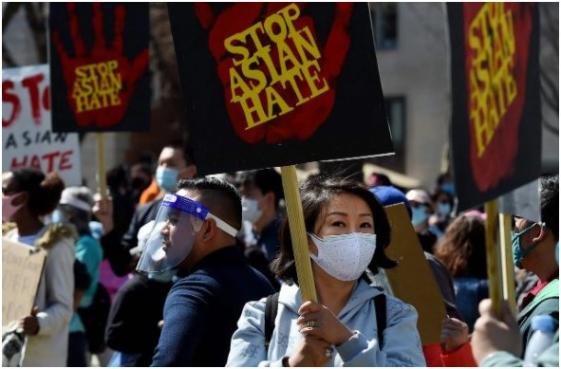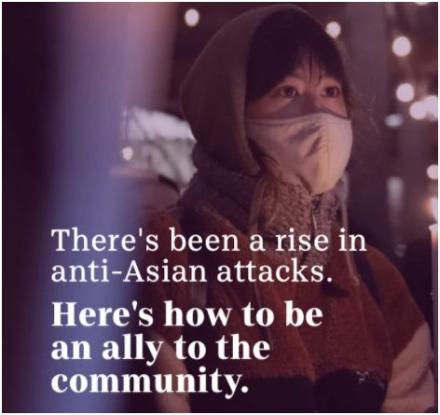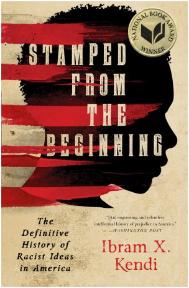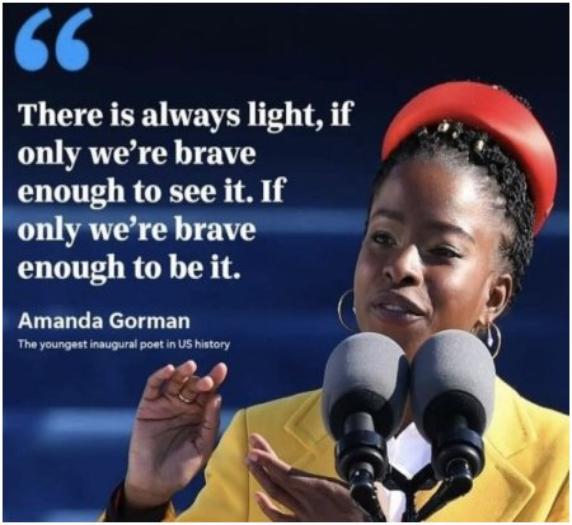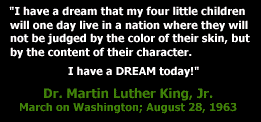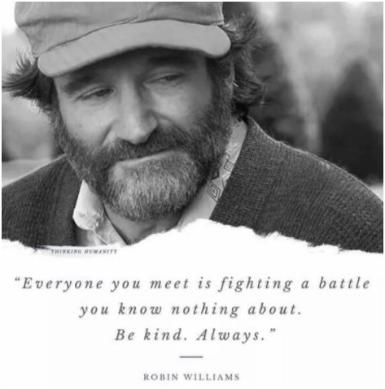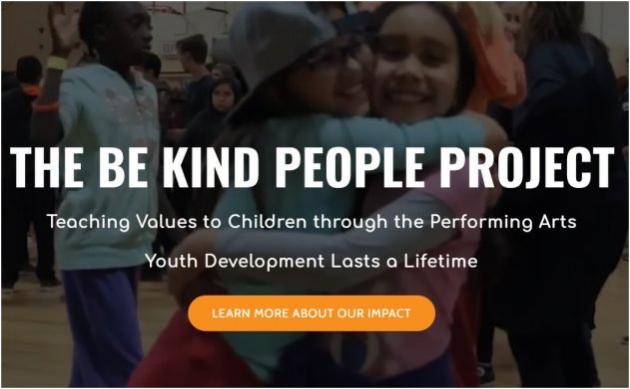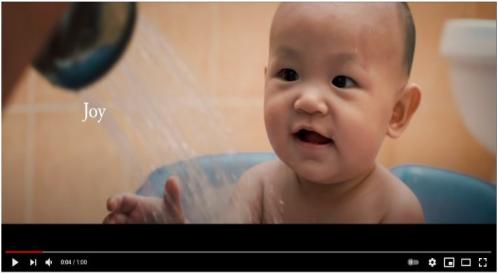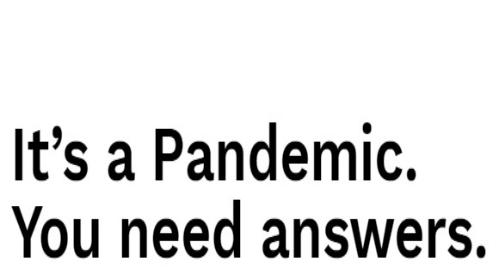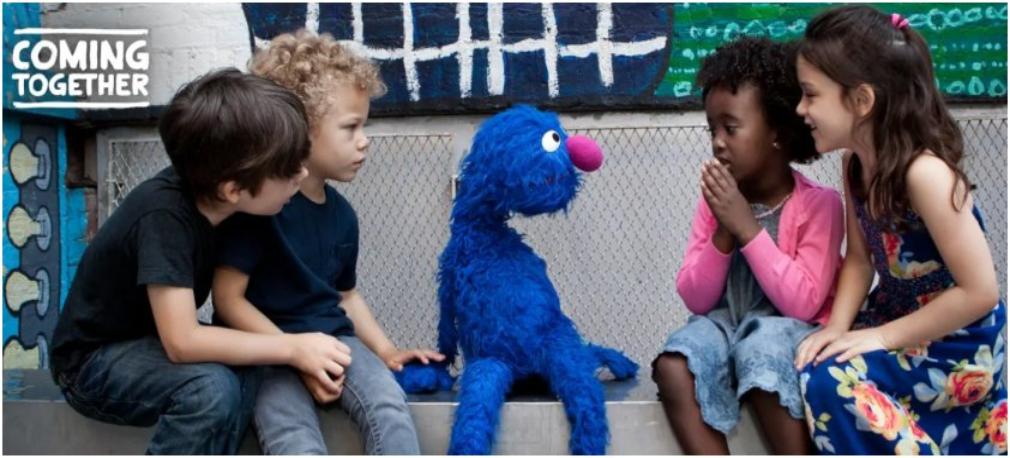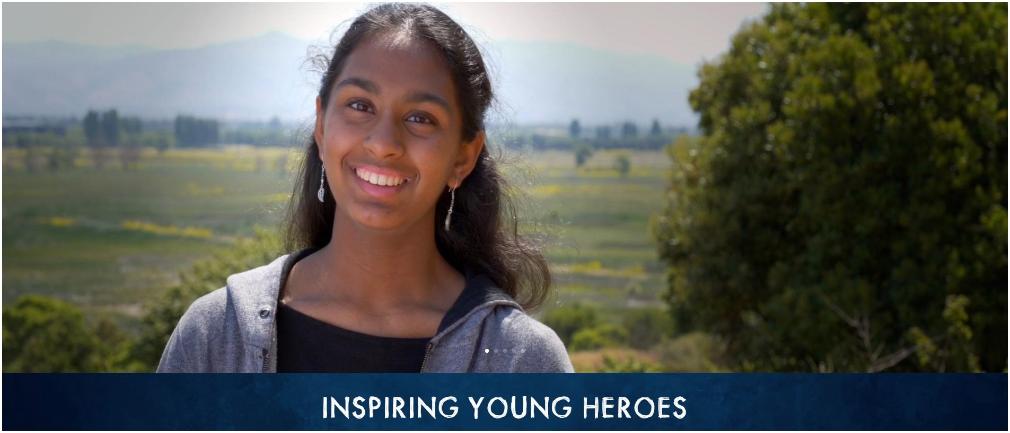
| THE PROMISE |

What is the "promise" that special education was to keep? It was to demonstrate to all people, and especially those of us most
| Burton Blatt (1981) |

intimately involved, that each person can contribute to the larger society, that all people are equally valuable, that a human being
is entitled to developmental opportunities and that development is plastic.
We have been faithful; we have supported humanistic precepts and philosophies, and we have believed that there is "enrichment
through difference."
Thus, the promise of special education has always been, and remains today, not a special curriculum, or special methods, or even
special teachers. The gifts that this movement was to endow us with were the gifts of optimism and belief in the human ethos,
charity and love for our brothers, and the conviction that our work is not to judge who can or cannot change, but rather to fulfill the
prophecy that all people can change; each person can learn.
For the promise to be kept, for these things to occur beyond wish or fantasy, one must begin with oneself. Before I ask the world
to change, I must change.
I am the beginning step.
| PUBLIC SERVICE OPPORTUNITIES |
| "Let us put our minds together and see what life we will make for our children." |
| Sitting Bull |
| HUNKPAPA LAKOTA HOLY MAN AND TRIBAL CHIEF |
| WORDS HURT |

| NELSON MANDELA | THE SPECIALS |
| GIL SCOTT-HERON | JOHANNESBURG |


| Multicultural Education |
| Inspiring Equity, Inclusion, and Social Justice |
| Creating Learning Communities |
| Teaching Students with Diverse Learning Needs |
| Elementary |
| Secondary |

| REMEMBERING AND TEACHING THE HOLOCAUST |
| BROWN V. BOARD OF EDUCATION (1954) |
| "We conclude that, in the field of public education, the doctrine of 'separate but equal' has no place. Separate educational facilities are inherently unequal." |

Most of what I really need to know about how to live and what to
do and how to be, I learned in kindergarten. Wisdom was not at
the top of the graduate mountain, but there in the sandbox at
nursery school.
These are the things I learned:
do and how to be, I learned in kindergarten. Wisdom was not at
the top of the graduate mountain, but there in the sandbox at
nursery school.
These are the things I learned:

Share everything. Play fair. Don't hit people. Put things back where you found them. Clean up your
own mess. Don't take things that aren't yours. Say you're sorry when you hurt somebody. Wash
your hands before you eat. Flush.
Warm cookies and cold milk are good for you. Live a balanced life. Learn some and think some and
draw and paint and sing and dance and play and work everyday some. Take a nap every afternoon.
When you go out into the world, watch for traffic, hold hands, and stick together.
Be aware of wonder. Remember the little seed in the plastic cup. The roots go down and the plant
goes up and nobody really knows how or why, but we are all like that. Goldfish and hamsters and
white mice and even the little seed in the plastic cup - they all die. So do we.
And then remember the book about Dick and Jane and the first word you learned, the biggest word of
all: Look. Everything you need to know is in there somewhere. The Golden Rule and love and basic
sanitation. Ecology and politics and sane living.
Think of what a better world it would be if we all - the whole world - had cookies and milk about three
o'clock every afternoon and then lay down with our blankets for a nap. Or if we had a basic policy in
our nations to always put things back where we found them and cleaned up our own messes.
And it's still true, no matter how old you are, when you go out into the world, it is better to hold hands
and stick together.
own mess. Don't take things that aren't yours. Say you're sorry when you hurt somebody. Wash
your hands before you eat. Flush.
Warm cookies and cold milk are good for you. Live a balanced life. Learn some and think some and
draw and paint and sing and dance and play and work everyday some. Take a nap every afternoon.
When you go out into the world, watch for traffic, hold hands, and stick together.
Be aware of wonder. Remember the little seed in the plastic cup. The roots go down and the plant
goes up and nobody really knows how or why, but we are all like that. Goldfish and hamsters and
white mice and even the little seed in the plastic cup - they all die. So do we.
And then remember the book about Dick and Jane and the first word you learned, the biggest word of
all: Look. Everything you need to know is in there somewhere. The Golden Rule and love and basic
sanitation. Ecology and politics and sane living.
Think of what a better world it would be if we all - the whole world - had cookies and milk about three
o'clock every afternoon and then lay down with our blankets for a nap. Or if we had a basic policy in
our nations to always put things back where we found them and cleaned up our own messes.
And it's still true, no matter how old you are, when you go out into the world, it is better to hold hands
and stick together.



| "As we approach the evening of our lives, we want to make sure our children have a better morning." |
| Elijah Cummings |
| When asked about the charges against six police officers in the death of Freddie Gray. |
| TOM MIHAIL, PH.D. |




| "Injustice anywhere is a threat to justice everywhere." |

| "The median age of the world is less than 30 years old, which means that young people are actually the most important - and most affected - stakeholders when talking about our global future." |
| Klaus Schwab | TIME, Vol. 195, Nos. 3 - 4, 2020 |
| "We don't fully lean in to our power until everyone we claim to represent is being elevated, nourished and supported. We are all transformed when we learn through our differences." |
| Raquel Willis | TIME, Vol. 197, Nos. 9 - 10, 2021 |






